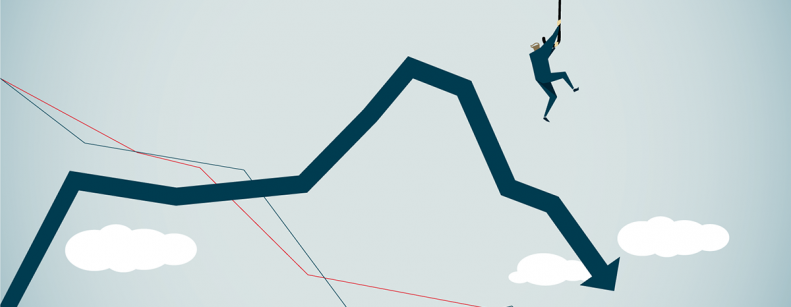
When it rains, everyone gets wet. Surely you have heard that saying, regarding the effects of certain economic events on companies and individuals. Perhaps even more so now, when we are experiencing a phenomenon that we had somewhat forgotten about, even with an entire generation that had never experienced it: inflation. However, that saying is not accurate. When it rains, everyone can get wet, but some get wetter than others and, believe it or not, there are some who come out completely dry.
At previous editions of this space (see issue N° 54 HERE and issue N°59 HERE), I commented how inflation is measured in Chile, what the CPI was, how it was calculated and on what basis it was calculated. I also stated that surely the inflation that each one of us faced was not necessarily the one measured by the CPI and that even if it was, it did not necessarily coincide with our perception of inflation.
Nevertheless, the CPI shows a variation of 12.5% in twelve months. This is a heavy rain, which exceeds the average inflation of the last 20 years by 4 times! However, this is not even across divisions, with Food and Transportation leading the way. Even if you have your salary and/or income adjusted for inflation, either because the contract says so or because it is denominated in UF, if the proportion of your spending is over 19% for food and/or 13% for transportation, you have still lost purchasing power.
However, a smaller portion of workers have their income adjusted for inflation. Even if they did, but on a quarterly, semi-annual or annual basis, on average their salary rises less than prices. A simple way of graphing this is to look at the evolution of the remuneration index, which in twelve months has fallen 1.8% in real terms. If we break it down by industry, while Trade and Accommodation have suffered less (with real increases of 0.9% and 0.7% YoY, respectively), Public Administration, Communications and Health Services show falls of 5.9%, 5.8% and 5.5% YoY. It's raining hard, but it's raining harder in some places than in others.
However, and here in an analysis of fairness (of course, from my subjective evaluation of it, if you have a different one, we invite you to share it in the comments), there are several who are caught wet by the rain before.
At some point, when there was a debate on the relevance or not of including a tax on the super-rich, I commented that while the discussion was focused there, the tax on the super (and not so) poor would continue to rise. Inflation affects relatively more those with lower incomes, who already face a difficult reality, making it even more complicated for them.
What is best known about this has to do with consumption baskets, which in this situation is more than true, since the food division, the basic basket and the healthy basket all increase more than general inflation. In other words, those with lower incomes face higher inflation. Secondly, the lower deciles have less saving capacity, not only contemporaneously, but also in the past.
Saving allows the loss of purchasing power over income to be lower, but also allows us to hedge against future price increases. And if the savings account had a positive balance at the time of inflation, it allows the level of consumption to be maintained, without having too much impact on what matters in the end: welfare. This is why inflation is similar to a tax, which affects the poorest, being called "regressive".
This is why the concern about price increases and the instruments to control them is not only a technical discussion, but also a moral obligation. It is not a technocratic whim, it is not the discourse of people "without a street", nor is it a conspiracy against the people. Nothing could be further from that. The idea is that when it rains, some people will not get wet because they have a roof, others will not get wet because they have umbrellas and others, if they do, will have towels and heating to dry themselves as quickly as possible.